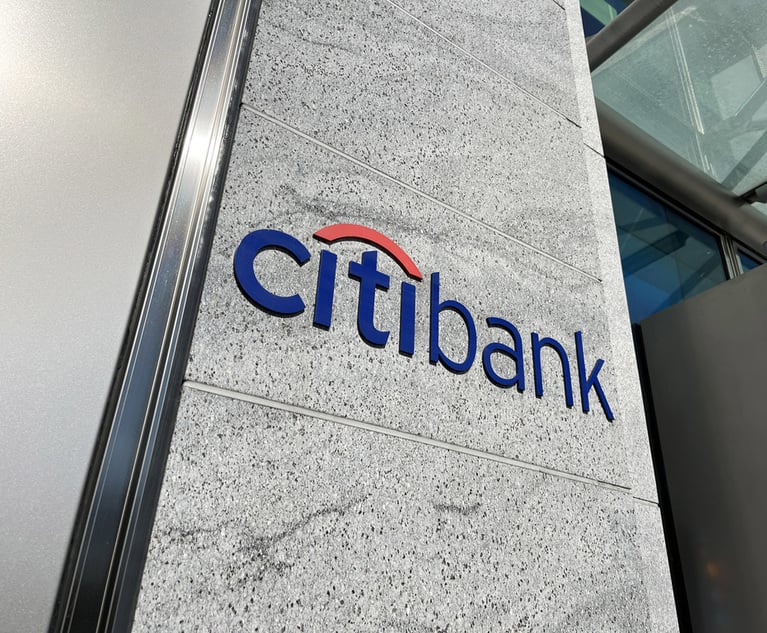New Jersey has taken a major step forward in the tax-increment and redevelopment-project-financing world with Governor Murphy’s recent approval of P.L. 2018, c. 97 (Act). The Act updated the Redevelopment Area Bond Financing Law, N.J.S.A. 40A:12A-64 et seq. (RAB Law), and the Long Term Tax Exemption Law, N.J.S.A. 40A:20-1 et seq. (LTTEL), and created the Economic Redevelopment and Growth Grant Bond Financing Act (ERGG Bond Act).
Redevelopment Area Bonds (RABs) issued pursuant to the RAB Law are typically used to fill a redevelopment project financing gap, and/or as a negotiating tool with a municipality to lower a payment in lieu of tax (PILOT) arrangement under the LTTEL. RABs are frequently, although not always, secured by all or a portion of a PILOT or a special assessment negotiated between a municipality and the affected property owners. While the full faith and credit of a municipality may be added as security to RABs as a deemed public purpose under the State Constitution, local governments tend to guard their taxing power and debt capacity closely, for obvious reasons. Therefore, RABs also afford bondholders a municipal lien should the portion of a PILOT or special assessment dedicated to the payment of RAB debt service (i.e., the pledged portion) fail to be paid timely and in full. First lien mortgage lenders are therefore incentivized to stand behind these redevelopment projects so that their interest is not primed by the municipal lien holding RAB bondholder.


 Credit: By Scanrail1/Shutterstock.com
Credit: By Scanrail1/Shutterstock.com




